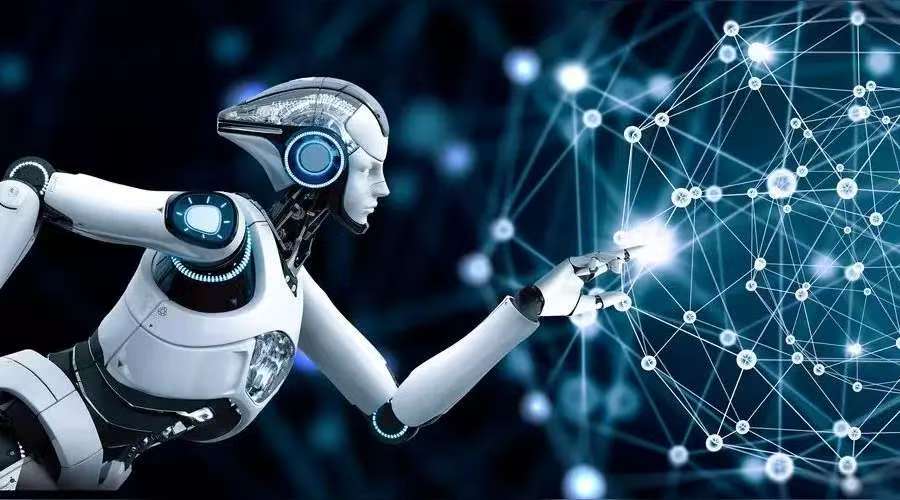
On April 14, 2025, Tesla CEO Elon Musk sent three heavy predictions about artificial intelligence through social media, covering the breakthrough of fully autonomous driving technology, the improvement of artificial intelligence's reasoning ability, and the response to the essence of intelligence "predicting the future." These three predictions are like boulders thrown into the deep pool of public opinion, stirring up thousands of waves. This not only shows his profound insight into the development of AI, but also sounds the alarm of technological change for us.
Musk's first prediction is that Tesla will launch a fully autonomous driving solution that relies only on cameras, self-developed AI chips and software. Lidar and high-precision maps have long played an important role in the field of autonomous driving, and Musk's move is undoubtedly a challenge to the traditional technology route. Once successful, it will greatly reduce the cost of autonomous driving hardware, accelerate the popularization of technology, and promote the change of the entire automotive industry and travel field. However, the pure vision solution also faces many doubts, and its reliability in complex weather and special scenarios has yet to be verified. If Tesla cannot solve these problems, it will not only affect the landing of its own technology, but also may shake the development of pure visual autonomous driving in the entire industry.
In the second prediction, Musk states that AI will be far better at reasoning than the best humans, citing the Grok-3 Mini's perfect score on a hardcore reasoning test. This means that AI is no longer limited to simple data processing and pattern recognition, and is moving from "perceptual intelligence" to "cognitive intelligence", which is expected to promote the development of general artificial intelligence. It is able to perform complex logical reasoning like humans, and even surpass humans in some aspects. This breakthrough could have far-reaching implications in the medical field, where AI can diagnose diseases more quickly and accurately; In scientific research, it can help scientists accelerate the exploration of the unknown. However, this has also caused people's concern about their own value and future development, a large number of repetitive and regular work may be replaced by AI, the development of artificial intelligence may lead to the disappearance of a large number of traditional jobs, especially in the field of repetitive work, but also create new employment opportunities, such as the research and development of artificial intelligence, maintenance and management, and promote people to shift to creative management roles. The employment structure of human beings will face great adjustment.
Musk's third prediction is related to Trump's "intelligence is predicting the future" comment, which he agreed with, suggesting that artificial intelligence will have the ability to predict the future. From Tesla's layout, its AI training is not only used for autonomous driving, but also integrated into energy networks, humanoid robots and other fields, trying to build a system that can predict the whole world. If AI can accurately predict the future, whether it is resource allocation, environmental changes or social trends, it will bring great help to human development. But there are also huge ethical risks. Who will control the outcomes of AI predictions? How can it be prevented from being abused? Once AI prediction is used by a few people or interest groups, it may exacerbate social inequity and trigger new social contradictions.
These three predictions of Musk touch on the ultimate proposition of human and AI symbiosis. It reflects his confidence in Tesla's technological route and his grand vision of artificial intelligence reshaping human society. His "Master Plan Phase 4" proposes "sustainable prosperity" through energy, AI and robotics, showing a systematic prediction of the future. It reflects the rapid trend and huge potential of AI development, but also warns us that technological progress brings opportunities, but also risks and challenges. In embracing the efficiency and innovation brought by AI, all sectors of society need to work together to build a sound regulatory system and ethical framework. The government should formulate relevant policies and regulations to guide the healthy development of AI; Enterprises should strengthen their sense of social responsibility and ensure safety and equity while pursuing technological breakthroughs. Researchers need to delve deeper into AI ethics to ensure that the technology is in line with human values; The general public should also enhance their awareness and understanding of AI and actively adapt to the social changes brought about by this technological change. Only in this way can we seize the opportunities and avoid risks in the wave of AI, so that technology can truly serve mankind and promote the sustainable development of society.

On January 4th local time, Trump warned India that if it does not limit its purchase of Russian oil, the United States will continue to raise tariffs on Indian products. Trump's latest warning sent shockwaves through the Indian financial market in just one day.
On January 4th local time, Trump warned India that if it do…
In October 2025, the US trade deficit narrowed unexpectedly…
According to the British media CoinJournal, recently, due t…
In January 2026, US President Trump once again set his sigh…
Europe is facing a crucial strategic choice: In the face of…
On New Year's Day 2026, BMW China announced a "systematic v…